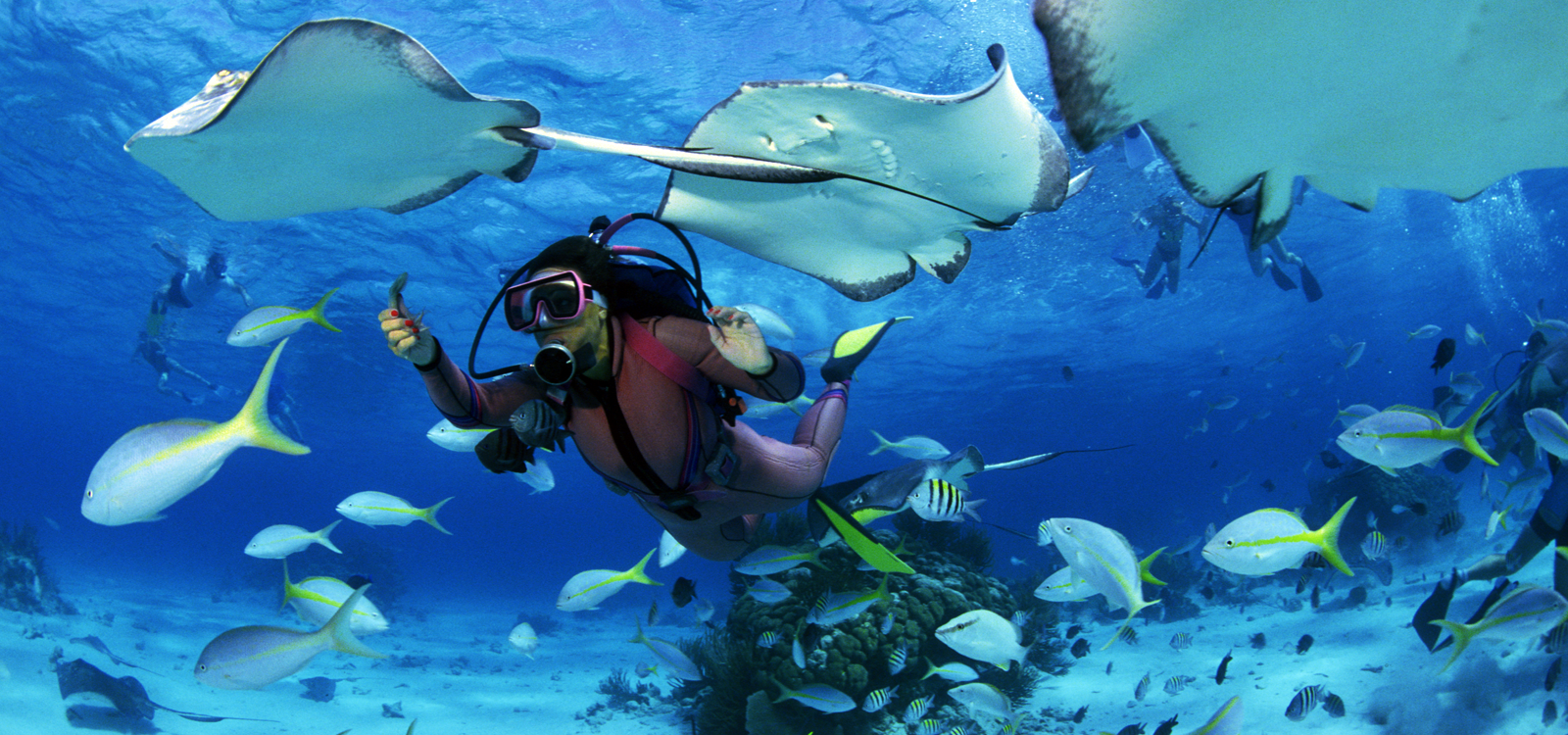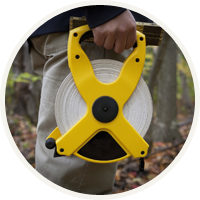
Instead of a cubicle, how about working in a tide pool, mangrove forest, or coral reef? This could actually be your reality as a marine biologist. These scientists study all things aquatic, from the tiny bits of floating plankton all the way up to the massive whales who eat them. With a marine biology degree you'll choose from, well, an oceanful of job opportunities. Working for an environmental nonprofit studying topics like water pollution, handling animals at an aquarium, or teaching college students are just a few ways you could use your degree. Speaking of which, you'll need at least a master’s, and often a PhD, to qualify for the more fun and highly-paid leadership positions in this field.
The Details
Master's Degree
There are many marine biology nonprofit groups devoted to raising awareness about topics like global warming, ways to reduce pollution, and the threats to endangered aquatic species.
An estimated 50-80% of all life on earth is found under the ocean's surface. True story.






